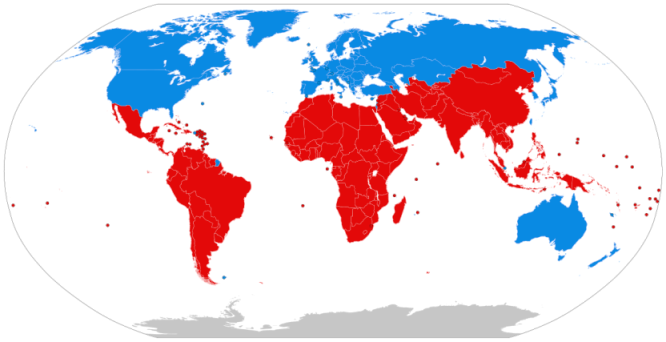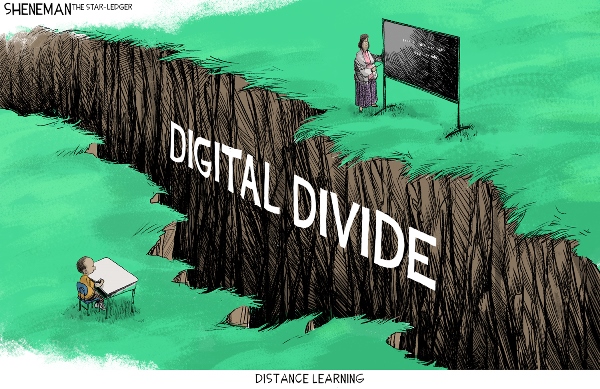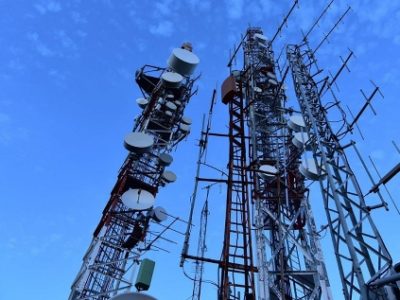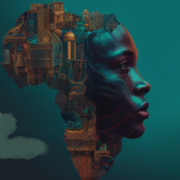By Golepji David Wambutda

Tijani
During the 78th United Nations General Assembly (UNGA), Nigeria’s Minister of Communications, Innovation and Digital Economy Dr. Bosun Tijani reeled out Nigeria’s tech-focused plan for the 78th gathering of global stakeholders under the auspices of the UN General Assembly.
In his statements, Tijani was quoted as saying “Positioning Nigeria as a Hub for AI Training: Nigeria brims with a vibrant pool of talent, potential and innovation. We aspire to put Nigeria on the global map as a premier destination for AI model training.
RELATED: Data protection in Nigeria: Fostering national security, enhancing economic competitiveness
Not only does this promise significant job creation, but it also emphasizes our commitment to enhancing the inclusivity and robustness of AI datasets. We envision capturing the nuances of dark data from the global south, ensuring that AI solutions resonate with a diverse spectrum of lived experiences.”
“Dark data from the global south is a phrase that refers to the digital data that is generated, compiled, processed, and kept in the developing regions of the world. but is not used or accessed for any meaningful objective.”
Dark data from the global south is a phrase that refers to the digital data that is generated, compiled, processed, and kept in the developing regions of the world. but is not used or accessed for any meaningful objective. This data may have potential worth for social and economic growth, but it is often overlooked, forgotten, or dumped due to a myriad of challenges and limitations.
It raises worthy and political issues, such as who possesses, controls, and benefits from the data, and how the data reflect and reproduce the historical and structural inequalities and injustices that shape the Global South.
Dark data from the global south is not only a problem, but also an opportunity for inclusive and sustainable digital development. Some initiatives and projects are trying to harness the potential of dark data to address the social and environmental challenges facing the global south, such as poverty, health, education, climate change, and governance. For example, the Data for Development (D4D) Challenge is a series of open innovation competitions that invite researchers and practitioners to use anonymized mobile phone data from developing countries to generate insights and solutions for development using data from various sources such as satellite imagery, social media, health records, and surveys.
It is important to understand the opportunities and challenges of harnessing this phenomenon.
Server log files can give clues to website visitor behavior, such as the number of visits, the duration of stay, the pages viewed, the sources of traffic, and the bounce rate. These data can help improve the design, content, and performance of the websites, as well as the user experience and satisfaction. However, many websites in the global south do not have the capacity or the tools to analyze and utilize these data effectively, and they may be stored in servers that consume energy and resources without generating any value.
Customer call detail records can indicate consumer sentiment and preferences, as well as the quality and efficiency of customer service. These data can help improve the products and services offered, as well as customer loyalty and retention. However, many businesses in the global south do not have the systems or the skills to process and use these data for marketing or management purposes, and they may be discarded or forgotten after a single use.
“By concentrating on the global south, we can bring awareness to the wealth of valuable information that exists in these regions and empower local communities to participate in shaping AI solutions that are relevant to their needs.”
Mobile geolocation data can reveal traffic patterns, mobility trends, population density, and urban planning. These data can help address the social and environmental challenges facing the global south, such as poverty, health, education, climate change, and governance. However, many governments and organizations in the global south do not have the access or the authority to collect and use these data for public policy or development interventions, and they may be owned or controlled by private actors or foreign entities.
Surveillance footage can provide evidence and information for security and law enforcement purposes, as well as for human rights and accountability issues. These data can help prevent and combat crime and violence, as well as protect and promote the rights and freedoms of the people. However, many cameras and devices in the global south do not have the storage or the connectivity to transmit and store these data securely and reliably, and they may be lost, corrupted, or tampered with.
Email correspondences from past employees that can contain valuable knowledge and insights for the current and future operations of the organizations. These data can help preserve and transfer the organizational memory and culture, as well as improve the learning and innovation processes. However, many organizations in the global south do not have the policies or the practices to archive and retrieve these data effectively, and they may be deleted or overwritten after a certain period.
Dark data from the global south is a complex and dynamic phenomenon that requires more attention and action from various stakeholders, including governments, civil society, academia, the private sector, and international organizations. Some of these challenges include a scarcity of infrastructure, connectivity, talents, resources, policies, and motivations to govern and utilize the data effectively
To achieve this goal, it is significant to acknowledge that dark data refers to untapped or underutilized data that institutions possess but have not yet examined or leveraged effectively. By concentrating on the global south, we can bring awareness to the wealth of valuable information that exists in these regions and empower local communities to participate in shaping AI solutions that are relevant to their needs.





























